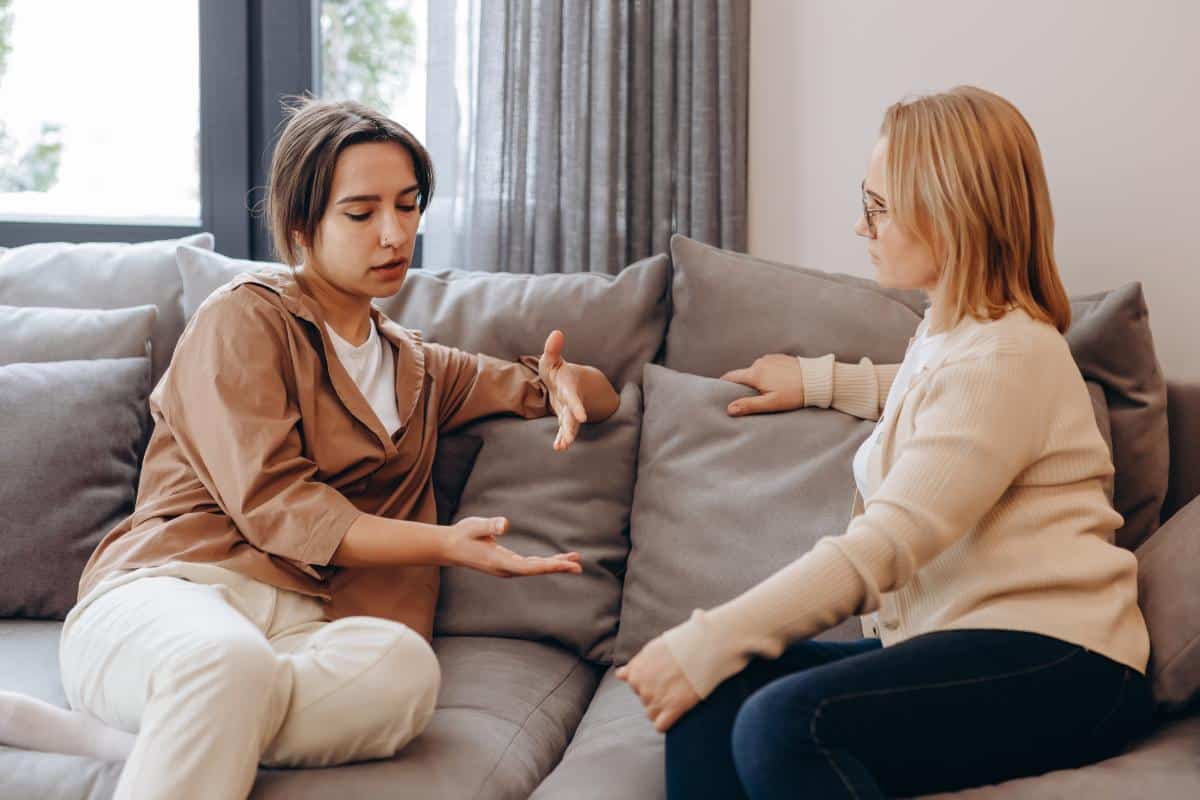Addiction is one of the most isolating diseases that people can experience. Cycling through the stages of abuse, tolerance, dependence, and withdrawal is taxing on the body and mind of the person going through it. While they experience these waves of addiction, they may also ruin their bonds with the people who trusted them most, like family and friends.
Once they finally graduate from an addiction treatment program, they may find it hard to relate to people who have not gone through it. Narcotics Anonymous, or NA, helps connect people on the lifelong recovery journey to share experiences and strategies to stay sober.
What Is NA?
Narcotics Anonymous has its roots in Alcoholics Anonymous, which was founded in 1935. The program for NA was developed in the late 1940s and early 1950s by people who were struggling with addiction to drugs other than alcohol. In 1953, the first NA meeting was held in Los Angeles.
The group was founded by Jimmy Kinnon, who went by “Jimmy K.” He struggled with addiction and wanted to help others in the same position. The organization grew quickly, and by the 1960s, there were NA meetings in cities across America.
Who Uses Narcotics Anonymous?
Narcotics Anonymous is open to anyone who wants to recover from addiction. The only requirement for membership is a desire to stop using drugs.
People in NA can be addicted to any substance, including:
- Cocaine
- Heroin
- Methamphetamine
- Prescription drugs
- Alcohol
People of all ages and backgrounds can benefit from NA. The program is flexible, and people can tailor it to fit their individual needs.
What Does Narcotics Anonymous Do?
NA is a peer-support program for people who want to stop using drugs and stay in recovery. It provides a safe, nonjudgmental space where members share their experiences, encourage one another, and work through the challenges of living drug-free.
At its core, NA does three main things:
Provides a Supportive Community
NA connects people who understand what it’s like to live with addiction. Meetings give members a place to talk openly about struggles, setbacks, and progress without fear of stigma. This sense of belonging helps reduce isolation, which is a common trigger for relapse.
Offers a Structured Program for Recovery
NA follows a 12-step model, which guides members through personal growth, accountability, and spiritual development (in a way that’s open to people of all beliefs). The steps encourage reflection, making amends, and building a healthier way of life.
Encourages Ongoing Accountability
Recovery doesn’t end after detox or treatment. NA helps people stay committed long-term by offering regular meetings, peer mentors (called “sponsors”), and tools for handling daily stress without turning back to drugs.
Why Does NA Work?
Narcotics Anonymous works because it gives people a clear path, a caring community, and tools they can use every day. It is free, easy to access, and built to support long-term change, not a quick fix.
Community That Ends Isolation
Addiction grows in isolation. NA meetings connect people who understand the struggle. Feeling seen and accepted lowers shame and makes it easier to ask for help.
A Simple Framework You Can Follow
The 12 steps turn a big goal into small actions. Members get a roadmap for reflection, amends, and daily habits that support a drug-free life. The program is flexible, so people move at their own pace.
Sponsors and One-on-One Guidance
A sponsor is a peer who has stayed clean and can show what worked for them. Sponsors help with cravings, tough conversations, and working the steps. This reduces guesswork and keeps recovery personal.
Practical Skills for Cravings and Stress
NA teaches real-world tools: call another member, “bookend” a risky situation with check-ins, use HALT to spot hunger, anger, loneliness, or tiredness, and practice urge surfing until a craving passes. These skills help in the moment when relapse risk is high.
Accountability With Compassion
Regular meetings, chips for clean time, and check-ins create gentle pressure to keep going. If someone slips, the focus is on learning and re-engaging, not blame. This balance helps people stay honest and return quickly to recovery.
Structure and Routine That Replace Old Patterns
A steady meeting schedule anchors the week. Reading NA literature in the morning, calling a sponsor at lunch, and service in the evening fill the time that used to be spent using. Routine lowers stress and decision fatigue.
Service That Builds Purpose
Helping set up chairs, greeting newcomers, or speaking at meetings creates purpose. Service shifts attention from self to community, builds confidence, and strengthens the desire to stay clean.
Anonymity and Low Barriers
Meetings are free and open to anyone who wants to stop using drugs. No insurance, no diagnosis, no paperwork. Anonymity lowers fear of being judged and makes it easier to walk in the door.
Inclusive and Adaptable
NA welcomes people of any background or belief. Members define a “higher power” in their own way, including a non-religious view. People are encouraged to “take what you like and leave the rest,” which keeps the program usable for many.
Support Across Every Stage of Recovery
Newcomers get rapid support for detox and early cravings. People in the middle stages work on relationships, work stress, and triggers. Long-term members focus on growth, service, and preventing complacency. The program meets different needs as life changes.
Real-Time Help During High-Risk Moments
When a trigger hits, members do not have to figure it out alone. They can go to a meeting, pick up the phone, or meet a sponsor for coffee. Fast support turns a risky hour into a manageable one.
Skills That Spill Into Daily Life
Members learn to pause before reacting, make amends, and set healthy boundaries. These skills improve family life, work performance, and self-respect, which in turn lowers the pull to use.
Hope You Can See and Feel
Hearing stories from people who have stayed clean for months or years makes recovery feel possible. Visible progress builds motivation and shows a path forward.
A Lifelong Network
Recovery is not a one-time event. NA offers a place to return to after a move, a loss, or a setback. That steady network is what keeps many people clean one day at a time.
Frequently Asked Questions About Narcotics Anonymous
Is Narcotics Anonymous Religious?
No. Narcotics Anonymous is not tied to any religion. While the 12-step program uses the idea of a “higher power,” members define what that means for themselves. For some, it’s a spiritual belief; for others, it’s simply the support of the group. NA emphasizes personal growth and connection, not religious practice.
Is Narcotics Anonymous Free?
Yes. NA meetings are free to attend. The program is self-supported through voluntary donations from members, which cover costs like meeting spaces and literature. There are no dues or fees—anyone who wants to stop using drugs can participate, regardless of financial situation.
How do NA meetings work?
Meetings usually last about an hour. Members gather to share experiences, listen to one another, and offer support. Some meetings are discussion-based, while others focus on reading NA literature or working through the 12 steps.
Do you have to speak at meetings?
No. Newcomers are welcome to just listen until they feel comfortable. Sharing is encouraged but never required.
Is NA confidential?
Yes. Confidentiality is one of NA’s core principles. Members agree not to share what’s said in meetings, creating a safe environment for open and honest discussion.
Can anyone attend?
NA is open to anyone who wants to stop using drugs. There are no membership requirements, and people from all backgrounds are welcome.
Does NA replace professional treatment?
No. NA is a peer-support program, not a medical or clinical treatment. Many people use it alongside therapy, rehab, or medication-assisted treatment as part of a broader recovery plan.
Start Your Recovery Journey Today
If you or someone you know is struggling with addiction, finding help can be the support you need to start recovering. NA is an excellent resource for people who have already completed detox and rehab programs.
Our team at Northpoint Recovery can help you take the first steps on your path to sobriety with a supportive, professional medical detox center and rehab resources. Contact us today to get started.


